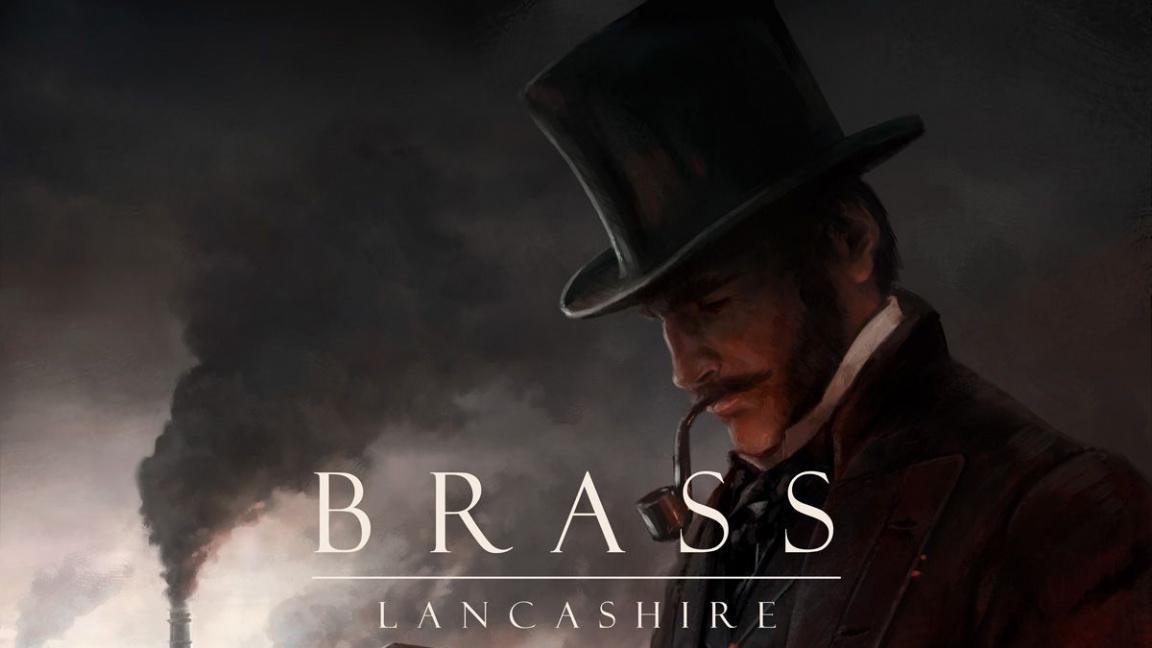Brass: Lancashire Board Game Review
Overview:
Name: Brass: Lancashire
BGG Weight: 3.86 / 5
Year Published: 2007 (second edition in 2018)
Publisher: Roxley Games
Designer: Martin Wallace
Number of Players: 2-4
Playing Time: 120-180 minutes
Game Category/Theme: Economic, Industrial Revolution, Trains
Board Game Mechanics: Hand Management, Income, Loans, Market, Network and Route Building
Ratings:
Strategy: 9.3
Complexity: 8.5
Player Interaction: 8.8
Replayability: 9.1
Game Rating: 9.0
Cost: 6.0
Calculations:
Weight Rating = (8.5 + 9.3) = 17.8
Playability Rating = [(9.1 + 8.8 + 9.0) – 8.5] = 18.4
Play Rating Score = (17.8 + 18.4) x 2 = 72.4
Value Rating = 72.4 / 6.0 = 12.07
Final Score Rating = 72.4 + 12.07 = 84.47
Review:
Brass: Lancashire is an economic strategy game that takes place during the Industrial Revolution in England. The game has players competing to build the most successful network of canals, railroads, and industries while managing their money and resources. Players must make strategic decisions on when to build and upgrade their industries, which can generate income and points, and when to invest in building infrastructure like canals and railways to transport goods to market. The game has a rich and immersive theme with beautiful artwork and components that enhance the gameplay experience.
One of the standout features of Brass: Lancashire is its high level of strategic depth. The game offers many paths to victory and players must carefully plan and execute their strategy to come out ahead. The gameplay is highly interactive with players competing for the same resources and using auctions to gain control of valuable locations on the board. The game also has a high level of replayability due to the randomized setup and the many different strategies that can be employed.Games Similar to Brass: Lancashire:
Ten games you may like if you liked Brass: Lancashire:
- Age of Steam: Another train-themed economic strategy game that requires careful planning and resource management.
- Food Chain Magnate: A strategy game where players run competing fast food chains and try to dominate the market.
- Power Grid: A game where players build power plants and compete to power the most cities.
- Terra Mystica: A game where players control different factions and compete to control territory and build structures.
- Puerto Rico: A classic economic strategy game where players build buildings and grow crops to gain victory points.
- Agricola – A farming-themed game where players compete to build the most efficient and productive farm.
- Power Grid – A strategy game where players build power plants and supply electricity to cities in a competitive marketplace.
- Le Havre – A game where players manage resources and build up their ports to gain wealth and victory points.
- Terraforming Mars – A science-fiction themed game where players compete to terraform Mars and build up their corporations.
- Through the Ages: A New Story of Civilization – A strategy game where players build up their civilizations over centuries, managing resources and technological advancements.
While Brass: Lancashire can be complex to learn, the rules are well-written and the gameplay flows smoothly once players have a grasp on the mechanics. The game is best suited for experienced gamers who enjoy deep strategy games that require careful planning and decision-making. The game can be played with 2-4 players, but it is recommended to play with four to get the full experience.
Overall, Brass: Lancashire is a fantastic game that offers a deep and immersive gameplay experience. It is highly recommended for gamers who enjoy economic strategy games with a rich theme and high level of player interaction.
This review was provided by Open Source Artificial Intelligence programs. It uses a series of complex statement to have AI programs amalgomate their databases to produces information on board games. These reviews are completely unedited output from the AI bots.

